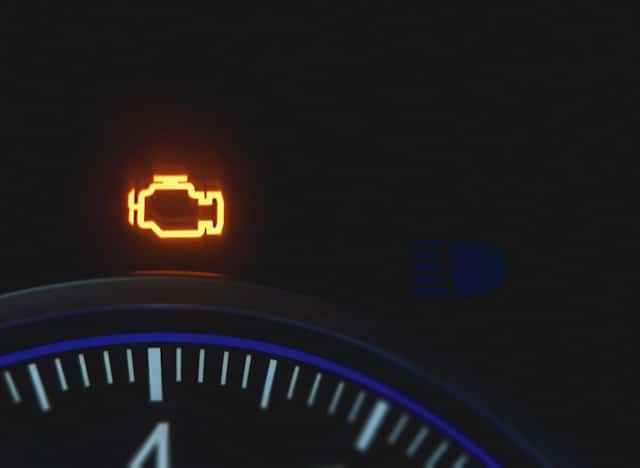The Importance of Regular Vehicle Undercarriage Checks
 The undercarriage of a vehicle, often overlooked in routine maintenance, plays a critical role in its overall health and performance. Hidden beneath the car, this area is susceptible to damage from road debris, salt, and water, leading to rust and other issues. Regular undercarriage checks are essential for identifying problems early, maintaining vehicle safety, and extending its lifespan.
The undercarriage of a vehicle, often overlooked in routine maintenance, plays a critical role in its overall health and performance. Hidden beneath the car, this area is susceptible to damage from road debris, salt, and water, leading to rust and other issues. Regular undercarriage checks are essential for identifying problems early, maintaining vehicle safety, and extending its lifespan.
Hidden Risks and Damage
The undercarriage houses several vital components, including the exhaust system, suspension, and part of the braking system. Damage to these areas can compromise vehicle safety and performance. For example, rust on the exhaust system can lead to leaks, which might allow harmful gases to enter the cabin. Similarly, damage to the suspension affects the car’s handling, making it potentially unsafe to drive.
Road Salt and Corrosion
In regions where road salt is used during winter, the risk of corrosion is significantly increased. Salt accelerates the rusting process, attacking the metal components of the undercarriage. Regular checks can identify such corrosion early, allowing for timely intervention and repairs.
Impact of Road Debris
Driving over road debris, such as rocks and branches, can cause immediate damage to the undercarriage. This includes punctures in the exhaust system, bent components, or even damage to the fuel tank. Regular inspections help spot and address any damage caused by debris, preventing minor issues from becoming major problems.
Enhancing Vehicle Safety
A well-maintained undercarriage contributes to the overall safety of the vehicle. For instance, ensuring that the suspension system is in good condition improves the car’s stability and handling, especially in adverse driving conditions. Similarly, a secure and intact exhaust system prevents the risk of carbon monoxide poisoning by ensuring fumes are safely expelled from the vehicle.
Preventing Costly Repairs
Identifying and addressing undercarriage issues early can prevent costly repairs down the line. Rust, for example, if left unchecked, can spread and weaken structural components, leading to expensive replacements. Regular checks allow for cost-effective maintenance, such as rust-proofing or minor repairs, before issues escalate.
Maintaining Vehicle Value
The condition of a vehicle’s undercarriage can significantly impact its resale value. A well-maintained undercarriage, free of rust and damage, is a key selling point. It demonstrates to potential buyers that the car has been properly cared for, potentially leading to a higher sale price.
Professional Undercarriage Checks
While some undercarriage checks can be done at home, professional inspections are recommended for a comprehensive assessment. Mechanics have the tools and expertise to safely lift the vehicle and perform detailed inspections. They can identify issues that may not be visible to the untrained eye and recommend appropriate repairs or preventive measures.
Conclusion
Regular vehicle undercarriage checks are an essential aspect of maintenance that should not be neglected. They play a vital role in ensuring vehicle safety, preventing costly repairs, and maintaining the car’s value. By identifying issues such as rust, damage from debris, and wear and tear early, car owners can take proactive steps to address problems and keep their vehicle in top condition for years to come.
